That was exciting news. Wow! SC is actually leading the nation in programs being offered to students with disabilities who wanted to continue their education after high school.
I might have even used that quote a time or two, or three, in IEP meetings. "This state is actually leading the way with post-secondary programs for students with disabilities at 5 colleges/universities, yet we can't figure out how to successfully include students with disabilities in the general education classroom at the earliest of school years - the elementary level?" It was one of my arguments for Kayla's least restrictive placement to be the general education classroom ... how is she going to be prepared for a post-secondary inclusive program if she is in self-contained classrooms?
A few months ago I did a little more research into these programs. I knew more about the REACH program since we are in the Charleston area, but I didn't know much about the other programs beyond being aware of them and that they are at Clemson, University of Carolina, and Coastal Carolina University. (And looking at Think College I see there are 6 programs in SC with another one being at Winthrop University).
I used Think College's compare tool to compare the programs in SC and have to say I was saddened and disappointed at some of the comparisons.
I didn't realize how un-inclusive a couple of these programs are. I didn't realize how much some of the students were segregated.
In the "Entrance Requirements" one of the programs specifically states "Fall within a specific IQ range" and that program and another one also state "have a specific disability label or type."
So people like my daughter still can't get away from being identified by their IQ and being labeled.
If you are applying for entrance to one of these programs I'm going to guess it means you weren't able to complete the state requirements of a traditional high school diploma. So what do the entrance requirements of the programs look like if they aren't focusing on IQ and disability labels?
They have requirements like this: other diploma, have basic safety skills in unsupervised situations, completed a certain number of years in high school, but nothing else about their specific disability type or label.
Another category of comparison is how much of the instructional time is spent only with other students with intellectual disabilities. Two of the programs list 75% and one is listed as 50%.
That is what saddens me. For two of those programs, the students are only with other students with ID for 75% of their instructional time. Where is the inclusion? Where is the corroboration?
And then there are the housing options. For one of the programs it lists, "Special section of a dorm or other special housing only for students with intellectual disabilities" and "Inclusive off-campus apartments".
Talk about segregation! They need to have a special section of a dorm or special housing only for students with intellectual disabilities. Yet they also list inclusive off-campus apartments as an option. How can they have inclusive off-campus options but not inclusive on-campus dorms?
Talk about segregation! They need to have a special section of a dorm or special housing only for students with intellectual disabilities. Yet they also list inclusive off-campus apartments as an option. How can they have inclusive off-campus options but not inclusive on-campus dorms?
I did comparisons of programs at other states and found more than one reference to:
Have a specific IQ range; disability label or type
Time spent with only other students with intellectual disabilities: All The Time
Housing options: There are no housing options for students with intellectual disabilities
Special section of dorm or special housingMore often than not the amount of time spent only with students with ID is 25% and housing options are inclusive dorms - so that is promising! But the ones that don't even offer inclusive housing options? I thought we were moving away from segregation.
I realize these types of programs and opportunities weren't available in the not-so-distant past and I am thankful that society has realized people with intellectual disabilities have the potential to continue their education and that programs are in place to help them do so.
I realize that not all students with intellectual disabilities will be able to access the college-level courses in the same way as their typical peers; hence the need for the programs to exist at all and the need for accommodations and modifications to adapt the curriculum.
I just wish there wasn't still so much segregation happening in some of these programs.




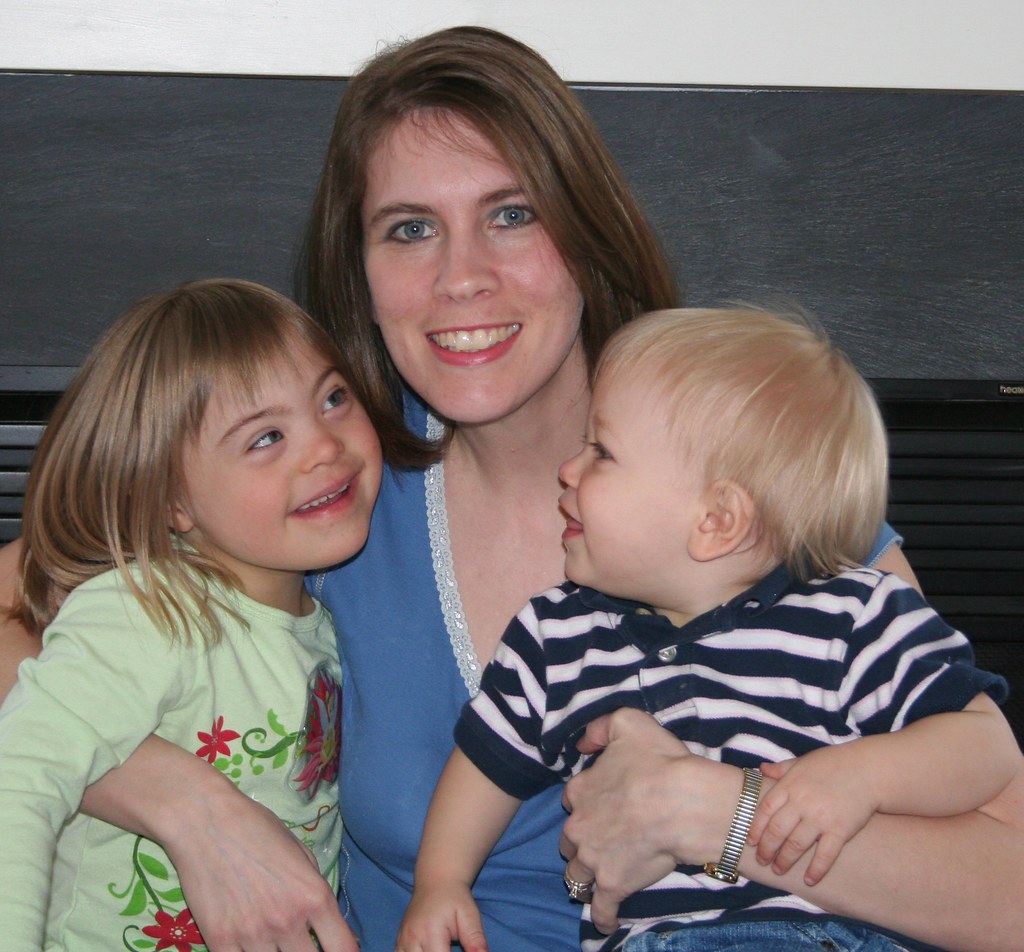
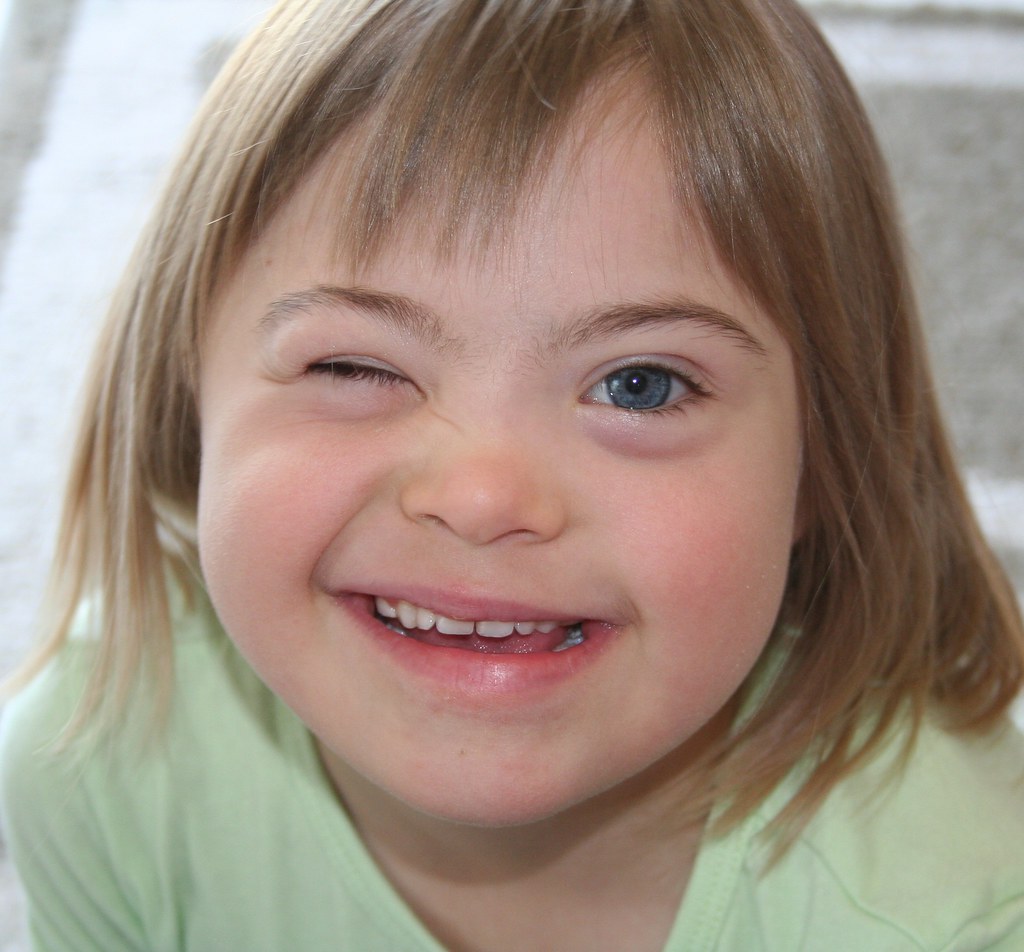




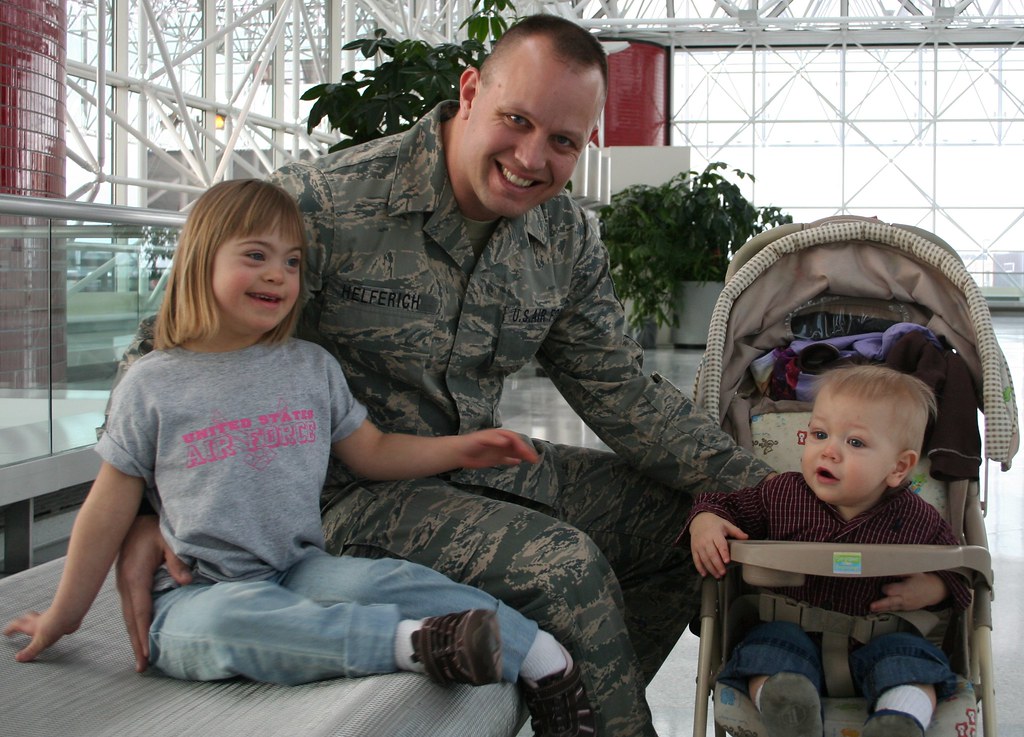


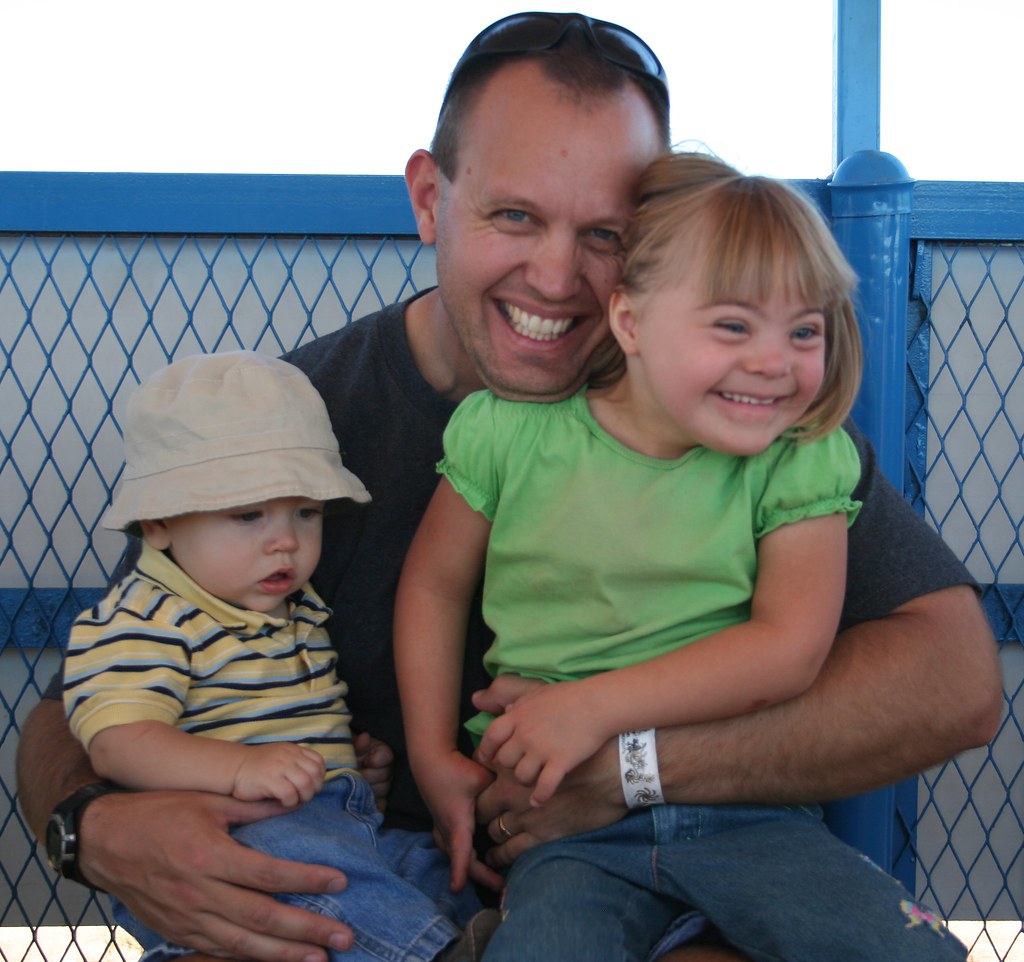







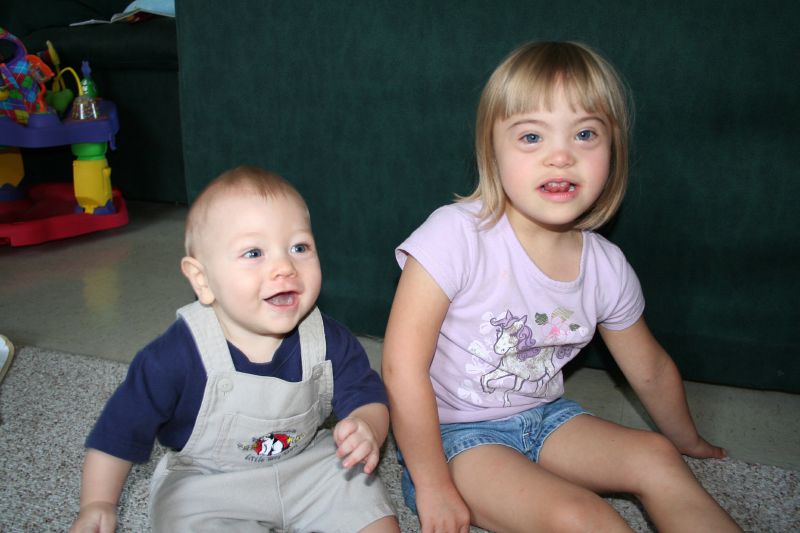





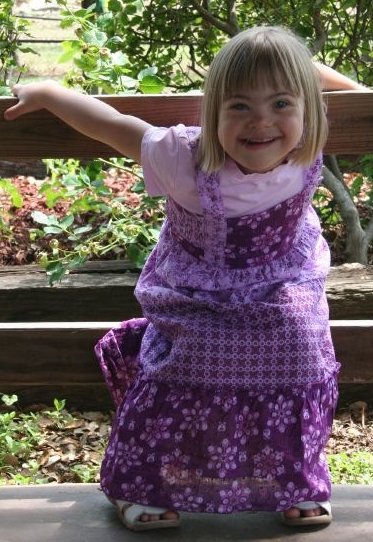

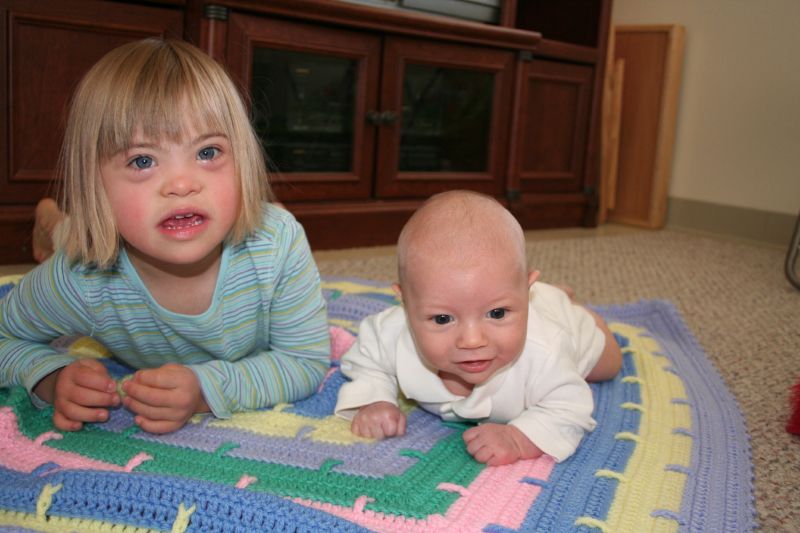

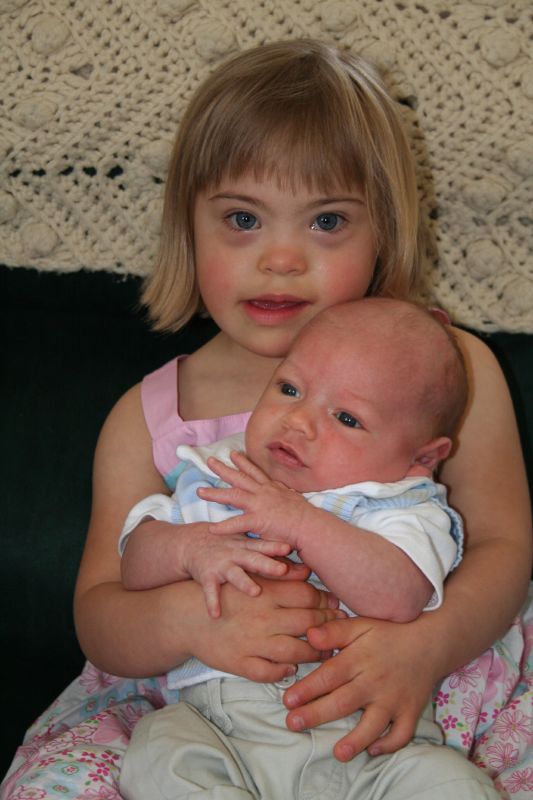

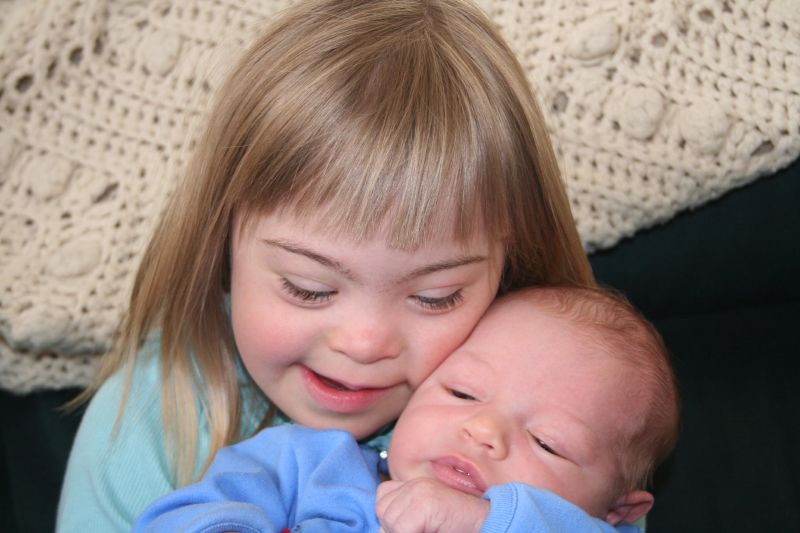
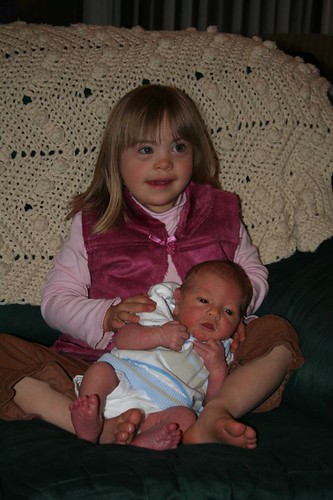

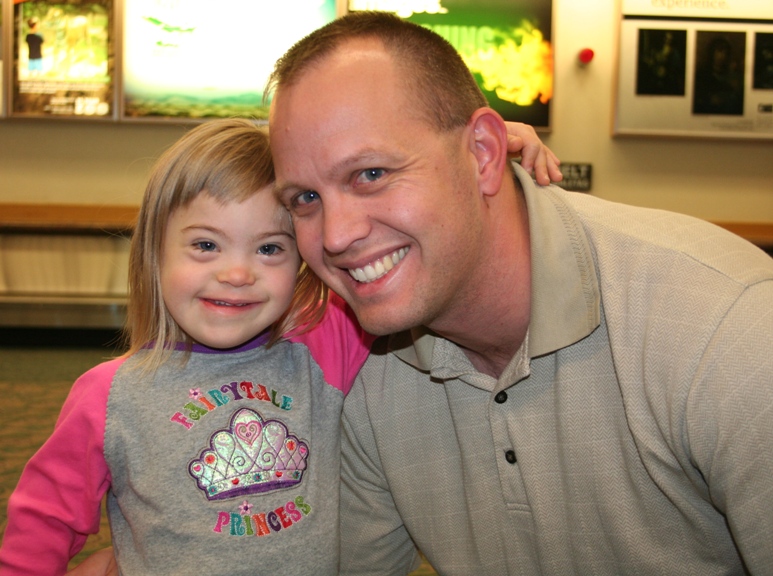

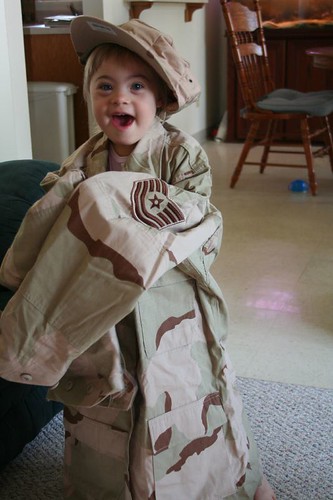


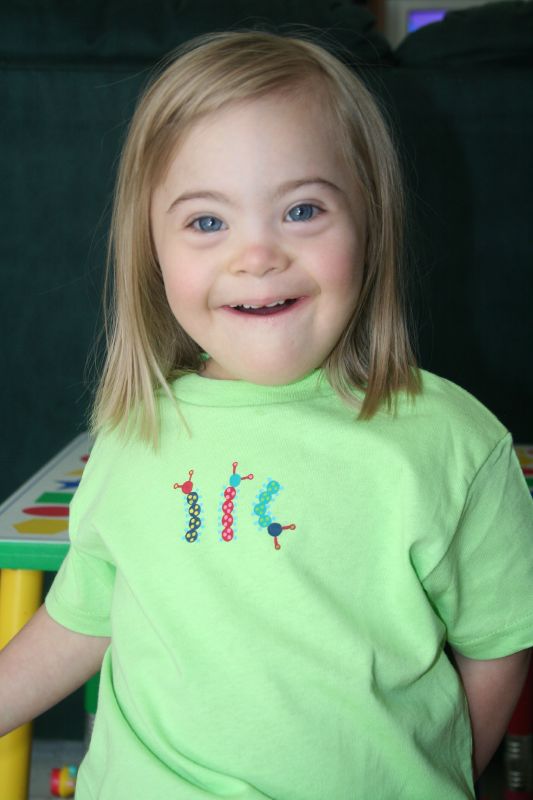








3 comments:
On the other hand, there are some people without disabilities that do best with on-the-job-training type programs, or maybe they're even happy being a janitor their entire careers.
Have you seen the blog, http://www.theextraordinarygirl.com/?m=1 It follows a young woman who is attending one of these inclusive college programs. I believe at her school they do take one or two classes with the general population. She seems to have really enjoyed her first year.
Post-secondary education programs are pretty new in the field, so unfortunately, they are not as advanced as I'd like to see, either. Thanks for sharing the research you've done! At KIT, we work mostly with programs for kids, so I don't know much about what happens next. But you are such a brave mom, and I commend you for advocating for your kid. I'm so glad you have fought for her to have inclusive experiences in the past, and I encourage you to keep fighting!
All the best,
Elise Hopkins
www.kitonline.org
Post a Comment